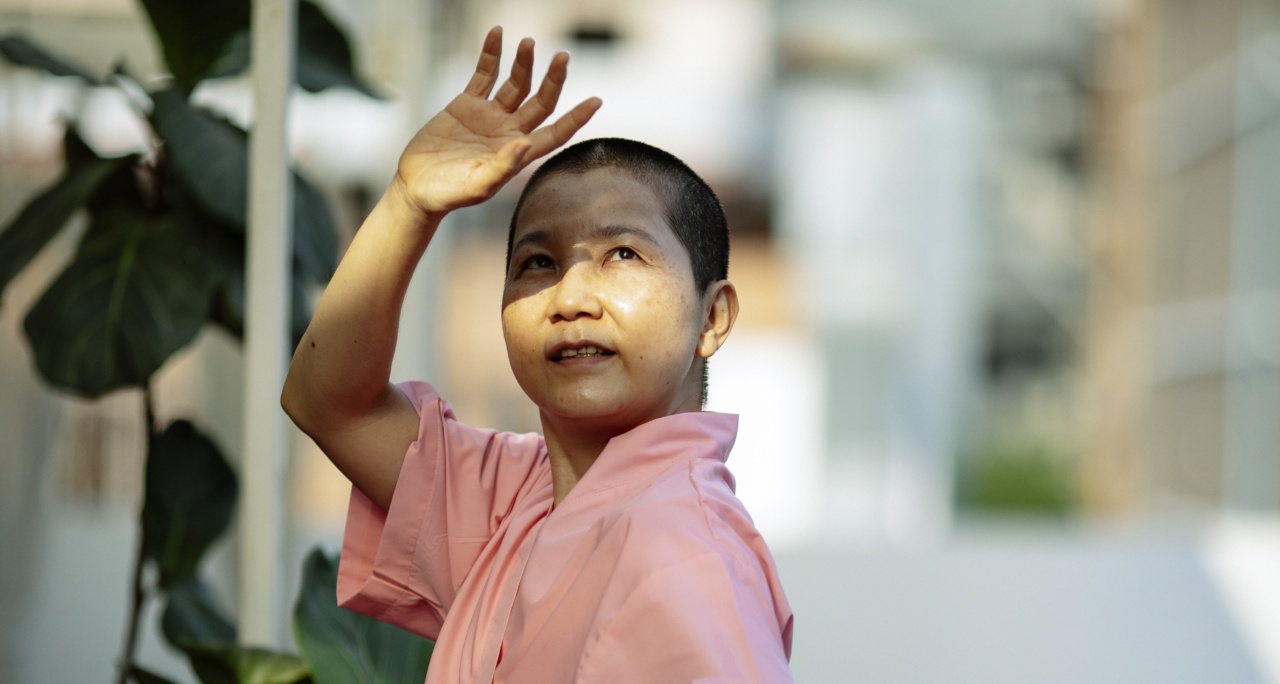Cancer is a devastating disease that affects millions of people worldwide. The good news is that many cases of cancer can be prevented through a combination of healthy lifestyle choices and regular screenings.
In this article, we will explore some of the most effective habits for cancer prevention.
Eat a Healthy Diet
A nutritious diet plays a crucial role in cancer prevention. Make sure to include plenty of fruits, vegetables, whole grains, and lean proteins in your meals. Limit your intake of processed foods, sugary snacks, and red meats.
Additionally, reducing alcohol consumption and avoiding foods high in salt can further lower your risk of developing certain types of cancer.
Stay Physically Active
Sedentary lifestyles can increase the risk of various types of cancer. Engaging in regular physical activity not only helps maintain a healthy weight but also has direct cancer-preventive effects.
Aim for at least 150 minutes of moderate-intensity exercise or 75 minutes of vigorous-intensity exercise each week. Find activities that you enjoy, such as walking, jogging, swimming, or dancing, and make them a part of your routine.
Avoid Tobacco
Tobacco use is a leading cause of many types of cancer, including lung, mouth, throat, and bladder cancer. If you are a smoker, quitting is the best thing you can do for your health.
Seek support from friends, family, or healthcare professionals to help you quit. Avoiding exposure to secondhand smoke is also crucial for cancer prevention.
Protect Your Skin from the Sun
Excessive exposure to the sun’s harmful ultraviolet (UV) rays can increase the risk of skin cancer.
Protect your skin by wearing sunscreen with a sun protection factor (SPF) of 30 or higher, seeking shade, and wearing protective clothing such as hats and sunglasses. Avoid outdoor activities during peak sun hours, generally between 10 am and 4 pm.
Get Vaccinated
Some types of cancers are caused by infections. Speak with your healthcare provider about available vaccinations for hepatitis B and human papillomavirus (HPV).
Hepatitis B vaccination can help prevent liver cancer, while HPV vaccination can reduce the risk of cervical cancer and other HPV-related cancers.
Screening and Early Detection
Regular screenings help detect cancer at its earliest stages when treatment is most effective. Follow the recommended screening guidelines for various types of cancer, such as breast, cervical, colorectal, and prostate cancer.
Stay proactive and schedule routine check-ups with your healthcare provider.
Manage Stress
Chronic stress can weaken your immune system and make you more susceptible to illnesses, including cancer. Find healthy ways to manage stress, such as engaging in relaxation techniques like meditation, deep breathing exercises, or yoga.
Prioritize self-care and make time for activities that bring you joy and relaxation.
Avoid Harmful Chemicals
Limit your exposure to harmful chemicals by using natural cleaning products, avoiding pesticides and herbicides in your garden, and staying away from industrial pollutants whenever possible.
Be mindful of the products you use on your body and opt for those made from natural ingredients.
Maintain a Healthy Weight
Being overweight or obese is linked to an increased risk of several types of cancer, including breast, colorectal, kidney, and pancreatic cancer. Maintain a healthy weight through a combination of a balanced diet and regular exercise.
Stay Hydrated and Limit Alcohol
Staying hydrated is essential for overall health and cancer prevention. Drink plenty of water throughout the day and limit your intake of sugary beverages.
Additionally, excessive alcohol consumption is associated with an increased risk of various cancers, including breast, liver, mouth, and throat cancer. If you drink alcohol, do so in moderation. Women should limit themselves to one drink per day, while men should have no more than two drinks.
Conclusion
Incorporating these good habits into your daily life can significantly reduce your risk of developing cancer. Remember to eat a healthy diet, stay physically active, avoid tobacco, protect your skin from the sun, and get vaccinated.
Regular screenings, stress management, and avoiding harmful chemicals are also vital for cancer prevention. By making these lifestyle changes and prioritizing your health, you can take proactive steps towards reducing your risk of cancer and living a longer, healthier life.































